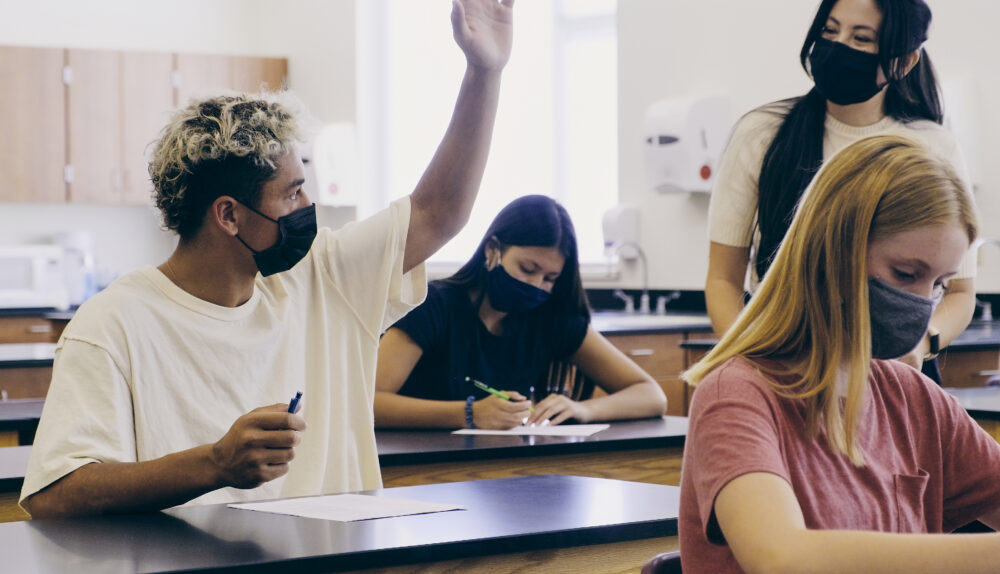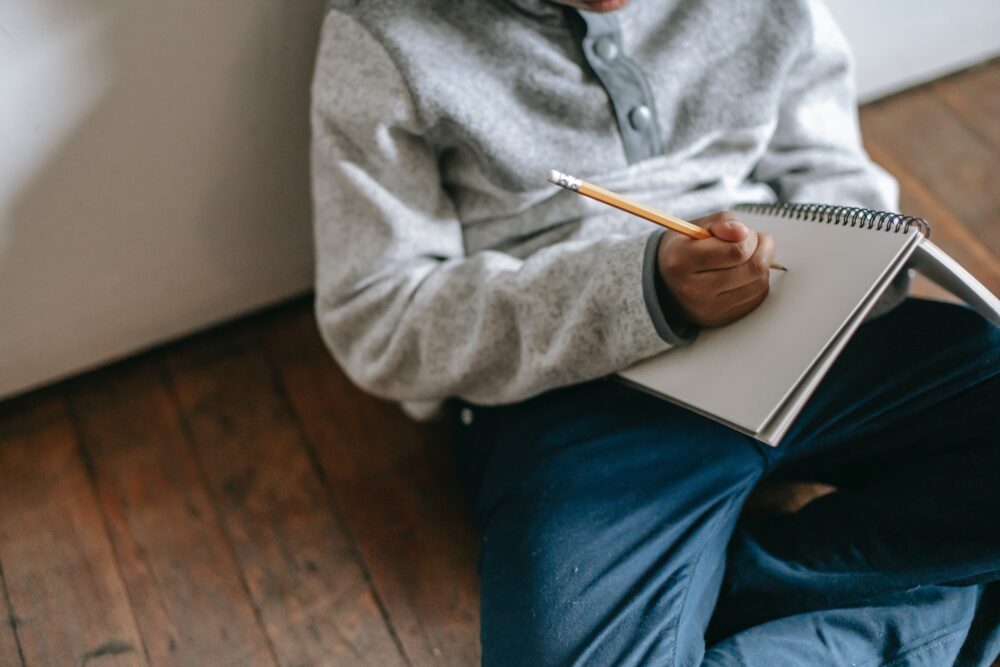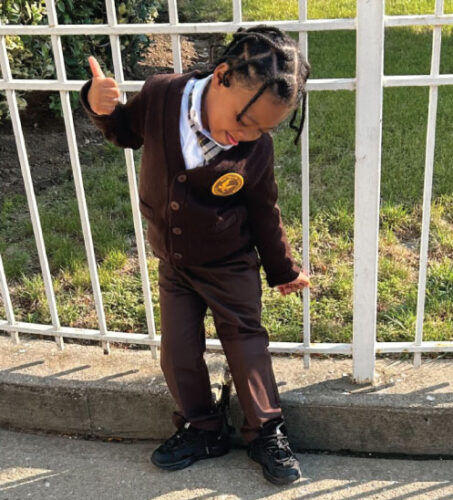Recommandations pour améliorer l'éducation des étudiants handicapés de la ville de New York pendant la pandémie
Advocates for Children of New York released a set of essential recommendations for New York City’s school reopening plan, urging the Department of Education (DOE) to ensure that students with disabilities have the support they need when schools reopen, whether they are learning in a school building or remotely.

The closure of school buildings last spring was especially difficult for New York City’s students with disabilities, who depend on schools for a range of specialized services and therapies—some of which can be quite challenging, if not impossible, to deliver remotely—in addition to academic instruction. Without consistent services and a structured school day, many fell behind their peers or lost skills that they had previously mastered. As the DOE prepares for the 2020-21 school year, it is critical that it address the barriers that prevented many students with disabilities from accessing remote learning last semester and put forward a plan for helping those who have fallen behind get caught up.
The recommendations include urging the City to:
- Offer full-time in-person instruction to all students in special education classes whose families want that option. By their very nature, these classes are already small in size and serve students with significant needs who may have particular difficulty engaging in remote learning.
- Improve remote instruction and service delivery, including deploying educators already trained in evidence-based literacy instruction to provide small-group support to struggling readers on days they are learning remotely. The fact that students are no longer limited by the four walls of the school building offers a unique opportunity to match staff already trained in delivering evidence-based reading interventions with students who need extra help, regardless of where they happen to attend school.
- Hold meetings with parents to develop an individualized plan for each student with a disability prior to the start of the school year. For students receiving in-person instruction part-time, schools should collaborate with families in their home language to determine what instruction and services should be provided during the student’s days in school, and what should be offered on the days they are learning remotely, in order to maximize use of their limited in-person time. These plans should also address the support parents need in order to help their child with remote learning.
- Provide robust behavioral and mental health supports to all students who need them, including those who have experienced COVID-related trauma or who need help readjusting to the school environment after months at home, refrain from police interventions, and limit exclusionary discipline.
- Ensure all health and safety protocols take into account the unique needs of students with disabilities and provide supports and accommodations to those who have difficulty complying with new requirements, such as those around mask-wearing and social distancing. In addition, as schools look to repurpose every available space, they must be mindful of the needs of students and educators with physical disabilities, given that the majority of City school buildings are not fully accessible.
- Provide compensatory services to make up for the instruction and services students missed while school buildings were closed.
- Ensure the City’s new “Learning Bridges” child care programs provide support for students with disabilities and expand eligibility to include high school students with disabilities, some of whom are unable to stay alone while their parents work and require adult assistance in order to participate in remote learning.
"The pandemic created huge challenges for special education that require the City schools to respond with creative thinking, flexibility, and a commitment to collaborating with families to a greater extent than ever before. We all need to do everything we can to make sure this pandemic does not leave students with disabilities even further behind.”
Kim Sweet, Executive Director of AFC



